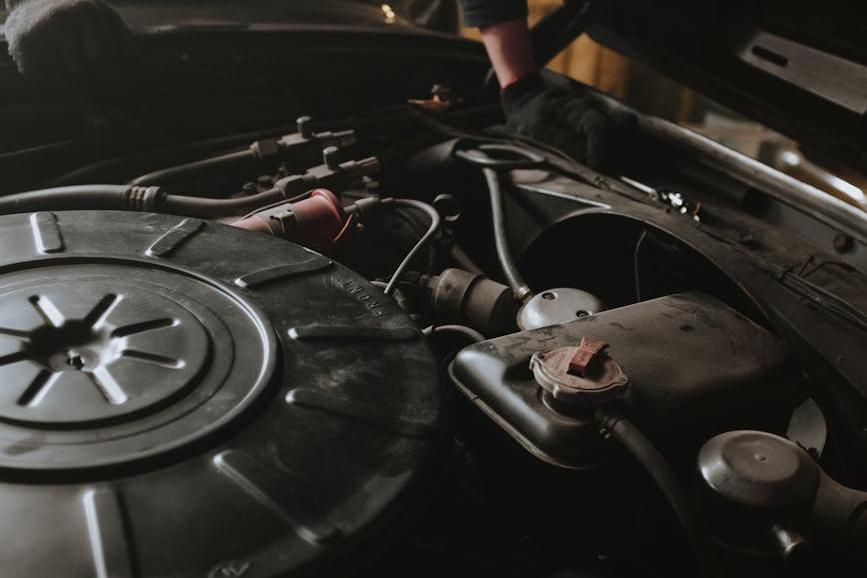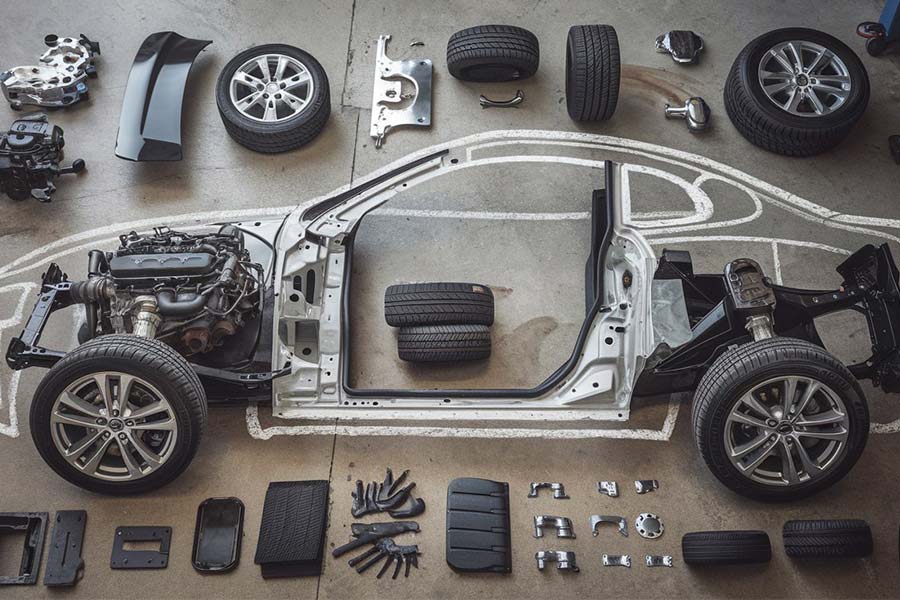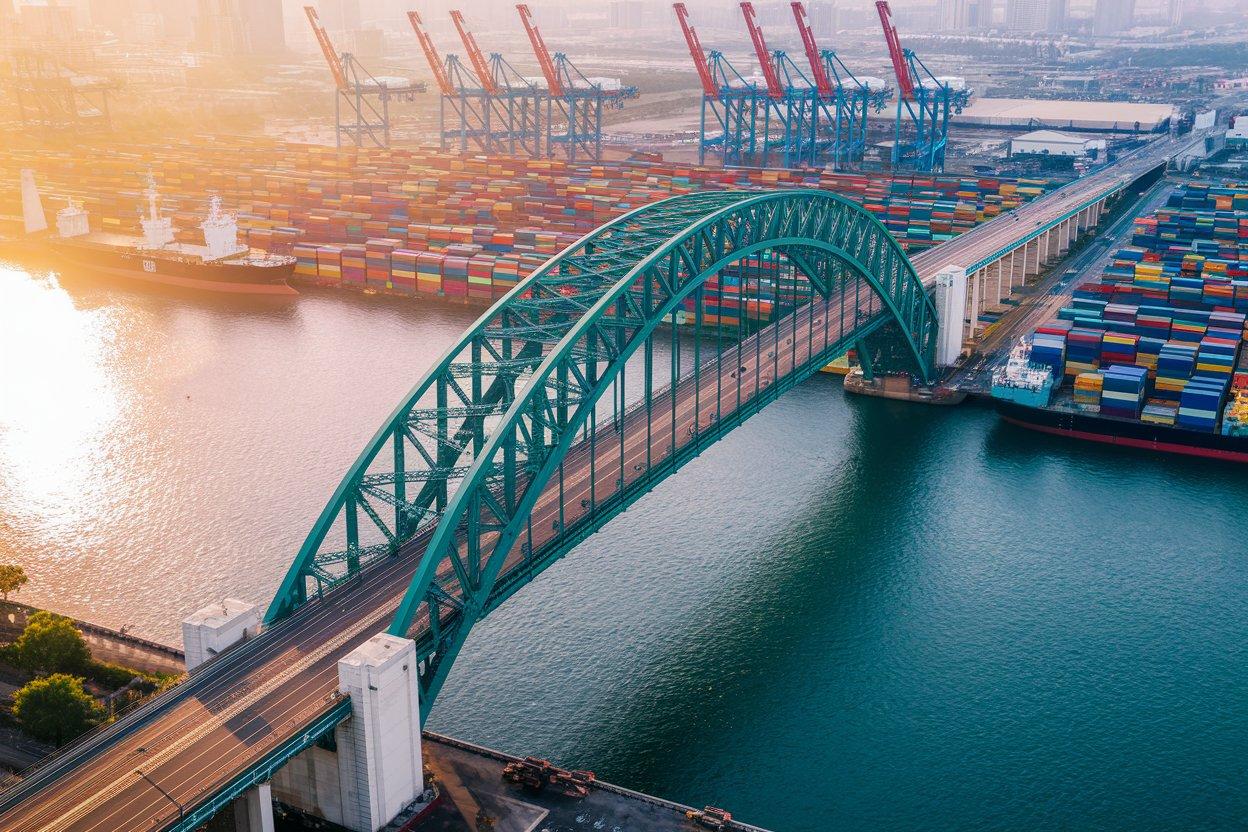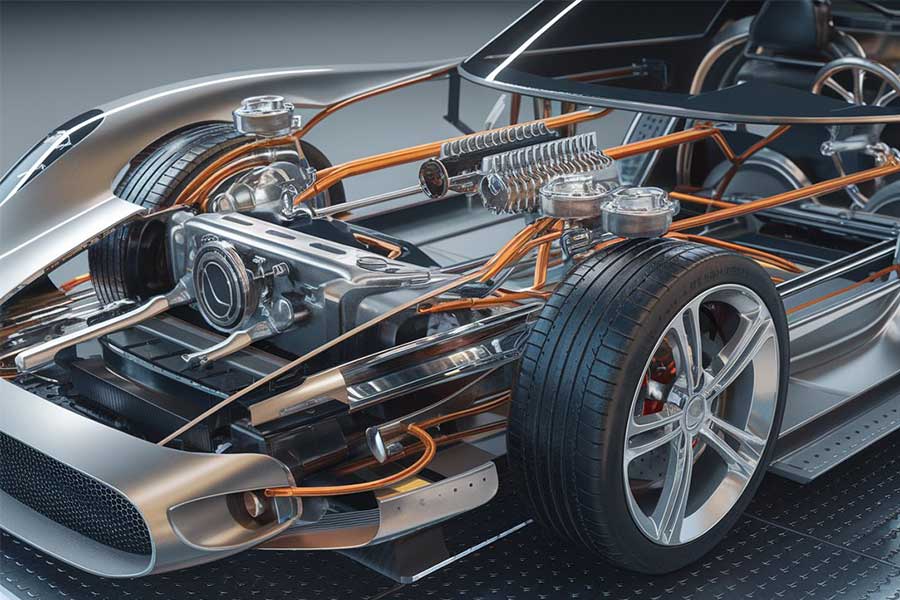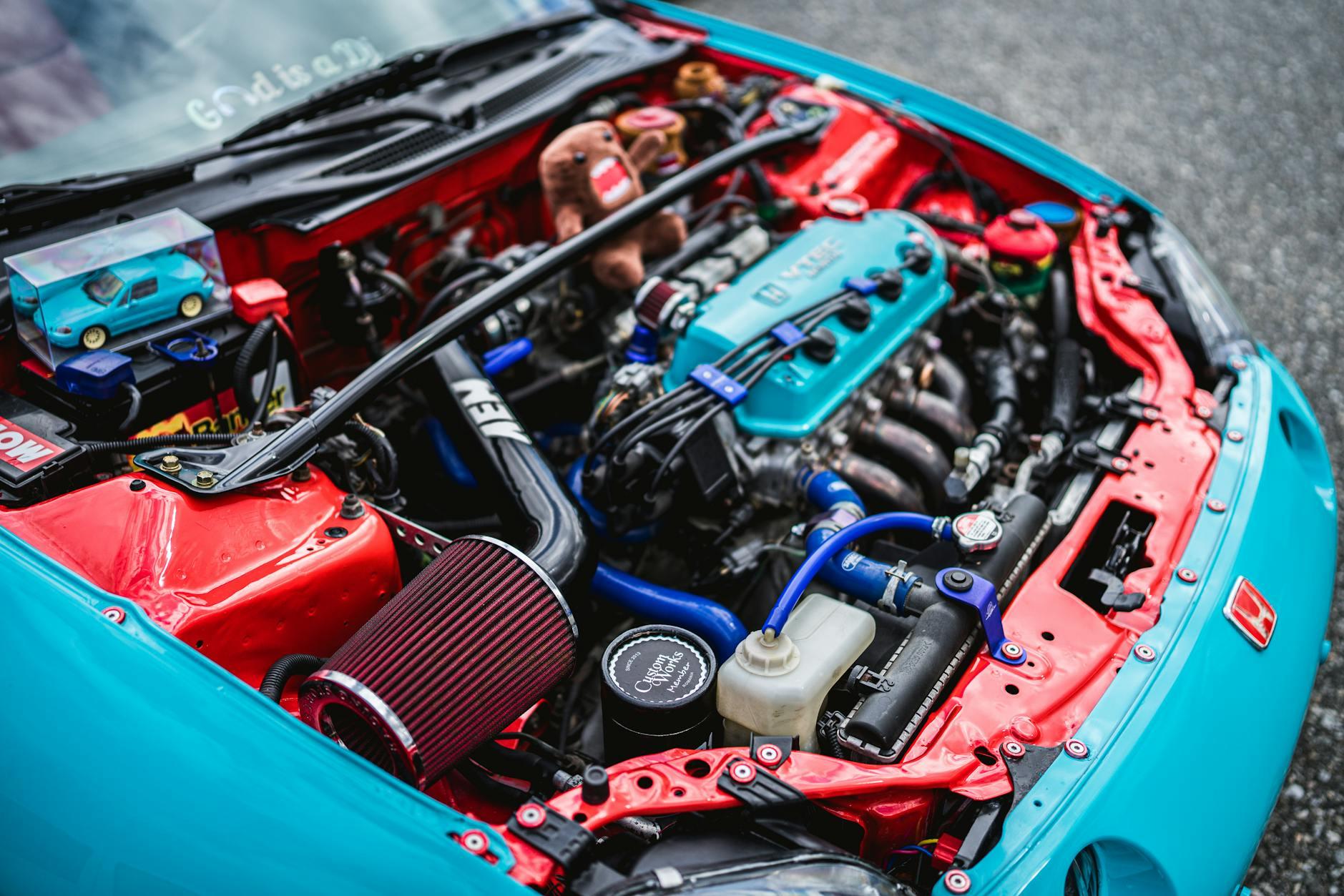- Shanghai Zhongshen International Trade Co., Ltd. - Two decades of trade agency expertise.
- Service Hotline: 139 1787 2118
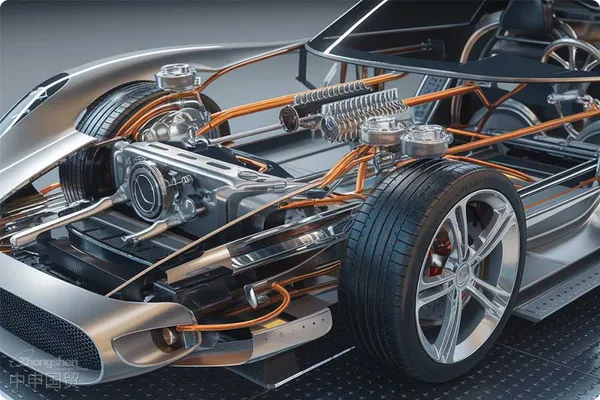
Automotive partsImport RepresentationPractice: Full - link Solution under Twenty - year Experience
Against the backdrop of deep integration in the global automotive supply chain, Chinas auto parts market is undergoing a strategic transformation from domestic substitution to global sourcing. As a company with 20 yearsforeign tradeagency service experience, the author has observed that auto parts dealers generally face three core pain points in the import process:the contradiction between supply chain response speed and inventory turnover, the technical barriers of multi - national certification systems, and the hidden cost black hole of cross - border logisticsThis article will analyze from a practical perspective how professional import agency services can build a competitive advantage for dealers.
I. Upgrade of Agency Services Driven by Industry Characteristics
Auto parts imports have significantThree highs characteristics:
Internationally - recognized Safety StandardsHigh threshold for technical complianceRegional standards such as ECE certification (EU), DOT certification (US), and GCC certification (Middle East) are independent of each other. An importer of brake pads once confused E - mark and e - mark certifications (due to the difference in letter case), resulting in the detention of a whole container of goods at the port for 45 days.
Regional Mandatory CertificationsHigh complexity of logistics managementLarge parts such as engine blocks coexist with precision sensors, requiring the agent to have multi - temperature - layer warehousing capabilities (for example, rubber parts need to be kept at a constant temperature of 15 - 25℃ to prevent aging) and experience in handling special containers.
Cultural and Religious NormsHigh pressure on capital turnoverTaking the import of a certain German - made turbocharger as an example, the average cycle from the shipment of the German factory to the delivery to the Chinese terminal is 78 days, occupying more than one million euros of the capital chain.
Construction of Full - chain Risk Control Model
Professional agency services should be establishedFour-dimensional risk firewall:
Internationally - recognized Safety StandardsTechnical Compliance Pre - review System: By building a global certification database, identify in advance the requirements of EMC directives, REACH regulations, etc. applicable to parts. Once assisted a Japanese company to complete the pre - review of FCC ID certification before importing vehicle - mounted cameras, avoiding a return loss of $200,000.
Regional Mandatory CertificationsDynamic Tariff Optimization Plan: Using big data to analyze historical customs clearance records, in an import case of American - style modified parts, through accurate classification of HS codes (8708.99 → 8708.50), the tax rate was reduced from 12% to 6%.
Cultural and Religious NormsSupply Chain Visualization Platform: Integrating AIS ship positioning, customs clearance status, and bonded warehouse inventory data, a transmission import project achieved full - process visual tracking, and the abnormal response time was shortened to 2 hours.
4、Exchange Rate Hedging Toolkit: Adopting a forward exchange locking + option combination strategy to help customers lock in procurement costs within the euro exchange rate fluctuation range of 7.8 - 8.2.
Three Breakthrough Points of Value Creation
Internationally - recognized Safety StandardsReverse Supply Chain Management
For aftermarket emergency orders, establish a European bonded warehouse virtual inventory network. Through pre-stocking at Hamburg bonded warehouses, a brake disc importer reduced emergency order delivery cycles from 45 days to 7 days, with inventory turnover rate increasing by 300%.
Regional Mandatory CertificationsTechnical Document Localization Service
Form a professional automotive engineer team to provide value - added services such as drawing translation (German standard DIN → national standard GB), technical parameter conversion, etc. In an Italian steering gear import project, 132 - page technical documents were converted for compliance, shortening the product access time by 60%.
Cultural and Religious NormsVMI Vendor - Managed Inventory
Piloting the bonded testing + distribution model in Tianjin Free Trade Zone, a Korean spark plug manufacturer achieved 2-hour emergency deliveries to 4S store networks in East China through VMI systems, reducing port demurrage costs by 75%.
New Challenges in the Digital Age
With the implementation of the EU CBAM carbon tariff mechanism, the import of auto parts will faceCarbon Footprint Tracingnew requirements. It is recommended that distributors pay special attention to:
- Select an agency service provider with LCA life - cycle assessment capabilities
- Lay out low - carbon logistics channels in advance (such asChina-Europe Railway ExpressNew energyspecial trains)
- Establish a green tariff hedging fund (reserve 8 - 12 euros per ton of CO?)
Conclusion
Amid the New Four Modernizations transformation wave in the automotive industry, professional import agents have evolved from mere trade channels toSupply Chain Value Re - creators. Choosing an agency partner with in - depth understanding of the automotive industry, a global compliance network layout, and a digital risk control system will be the key fulcrum for distributors to build global procurement competitiveness.
Related Recommendations
? 2025. All Rights Reserved. Shanghai ICP No. 2023007705-2  PSB Record: Shanghai No.31011502009912
PSB Record: Shanghai No.31011502009912
